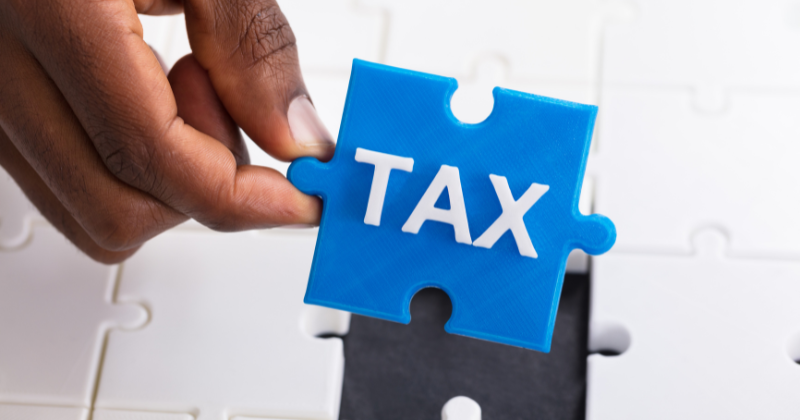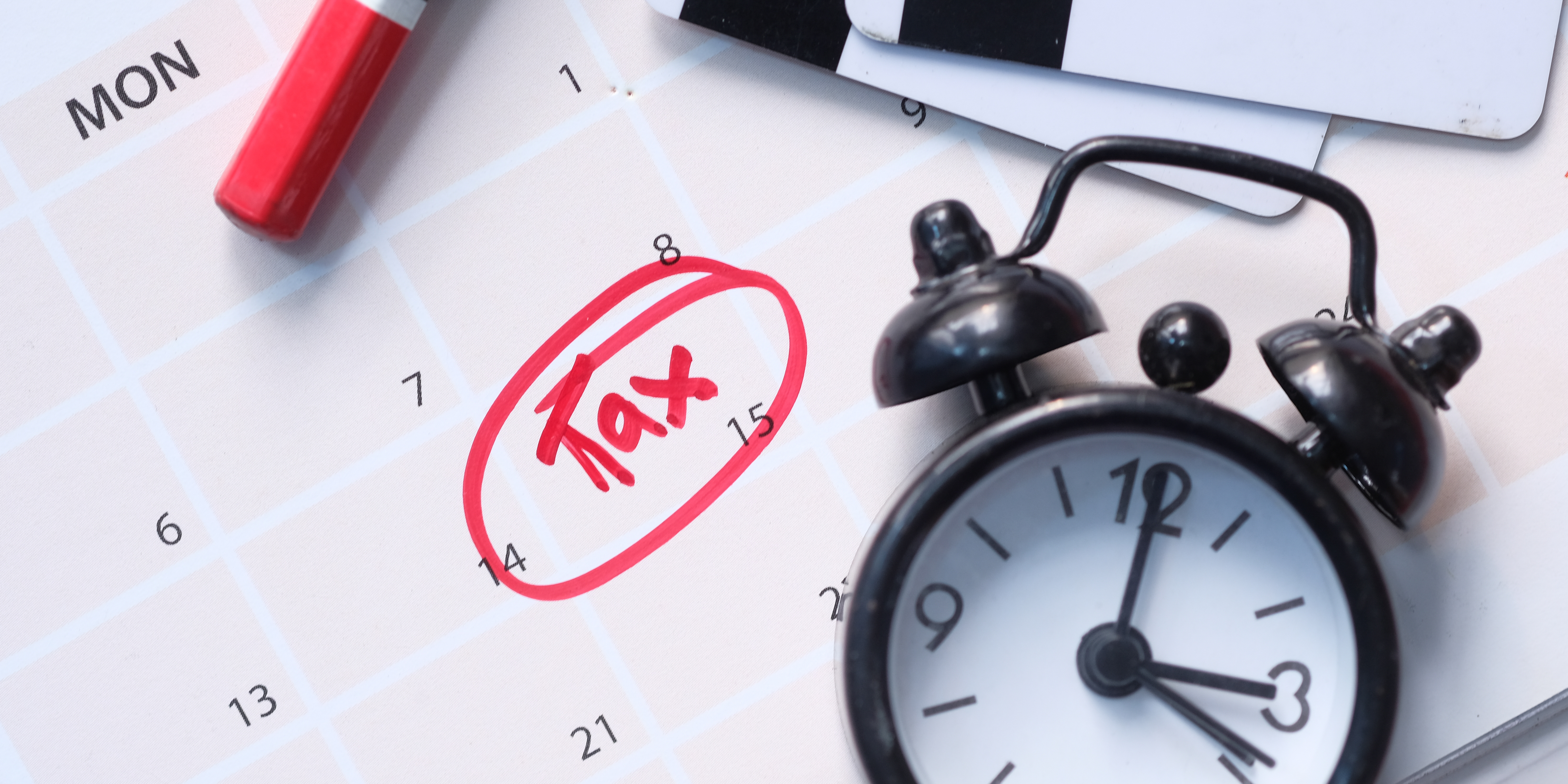Introduction
The National Assembly published on 1st November 2024 the Tax Procedures (Amendment) (No.2) Bill, 2024, (the “Bill”), in the Kenya Gazette Supplement No. 191 (National Assembly Bills No. 46). The Bill aims to amend the Tax Procedures Act Cap 469B (the ‘‘TPA’’). An initial proposed amendment to the TPA was published on 20th August 2024 and that is why this Bill is denoted (No.2). The Bill seeks to make the following ten (10) amendments to the TPA.
1. Description of a Tax Invoice
The Bill seeks to introduce the information that must be contained in a tax invoice. If the Bill becomes law, then there are specific features that an electronic tax invoice must have in order to be considered valid. These include the following:
(a) The words “TAX INVOICE”;
(b) The name, address and Personal Identification Number of the supplier;
(c) The name, address and Personal Identification Number, if any, of the purchaser;
(d) The serial number of the tax invoice;
(e) The date and time which the tax invoice was issued and the date and time which the supply was made, if it
is different from the date the tax invoice was issued;
(f) The description of the supply including quantity of the goods or the type of services;
(g)The details of any discount allowed at the time of supply;
(h)The consideration for the supply;
(i) The tax rate charged and total tax amount of tax charged; and
(j) Any other prescribed information.
These features are similar to those provided for under Regulation 7 of the Tax Procedures (Electronic Tax Invoice) Regulation, 2024.
The proposal will enhance the uniformity of tax invoices and ensure that sufficient information regarding a transaction is contained in such tax invoices. The issue of concern is compliance in areas where there are challenges to the accessibility of technology and taxpayer literacy. This may result in non-compliance and resulting in tax disputes thereby hampering effective administration of tax.
2. Where a Purchaser has the Obligation to Issue Tax Invoice.
The Bill proposes that where supply is made by a small business or a small-scale farmer, whose turnover does not exceed Kenya Shillings One Million (KES 1,000,000), then the purchaser must issue a tax invoice to ascertain tax liability. This proposal is aimed at reducing the concern that small-scale traders had with the use of e-TiMS and the generation of tax invoices. There has been an apprehension that small-scale suppliers will not engage in business as no one will be willing to purchase from them if they are not providing tax invoices. However, this proposal does not consider that an invoice is a demand to pay whereas the purchaser is not in a position to demand payment from themselves. Secondly, this provision requires an ordinary purchaser to bear the burden of issuing a tax invoice on purchasing services or goods from a small business or small-scale farmer and does not envisage that there can be a situation where such a purchaser cannot comply. The proposal therefore requires classifying the kind of purchasers who have the mandatory duties to issue tax invoices while purchasing from such small businesses or small-scale traders. The appropriate document to be issued would be a delivery note or an acknowledgement of supply with details of the suppliers with an appropriate field being incorporated on e-Tims to capture the transactions for tax accountability purposes.
3. Tax Amnesty
The Bill seeks to reintroduce the tax amnesty programme that ended on 30th June 2024. Although an attempt was made to extend the programme through the Finance Bill 2024, this was ultimately thwarted by the rejection of the said Bill. The tax amnesty is a useful programme to reduce tax liability because it allows waiving of penalties, fines and interest on the unpaid taxes that had accrued up to the 31st of December 2022. How then can a taxpayer enjoy tax amnesty in case this Bill becomes law? Any taxpayer who has principal tax due before 31st December 2022 and has not made payment of the same can apply for amnesty and pay all the outstanding principal taxes not later than 30th June 2025. One should however note that the tax amnesty shall only apply to interest, penalties and fines on the unpaid tax that have accrued up to 31st December 2022. In the event a taxpayer has paid part of the principal tax and has been granted amnesty, they must ensure to pay all the taxes due failure to which the remaining amounts will attract interest and penalties. This proposal is welcome as it lessens the tax liability burden, promotes payment of tax and increases the revenue collection by KRA.
4. Abandonment of Taxes where Collection is Impossible or Costly
The Bill seeks to reintroduce the powers of the Commissioner to determine and abandon the collection of taxes where it is impossible to recover unpaid taxes, there is undue difficulty, hardship, inequity or high cost in recovering unpaid tax, or where there is any other reason occasioning inability to recover an unpaid tax. This proposal was also in the rejected Finance Bill 2024.
The advantage of this proposal is that unlike in the formative years when the Commissioner had unchecked powers to abandon recovery of taxes due, this proposal now provides various checks and balances to such powers. The Commissioner is expected to publish the names of the taxpayers, reasons for abandonment and the amount abandoned at least every four months in the Gazette which creates transparency in the process. The Commissioner also needs to get directions in writing from the Cabinet Secretary to proceed with abandoning revenue recovery. Additionally, if the Commissioner issues a notice to abandon revenue recovery, Parliament must approve this notice without unreasonable delay.. This proposal is welcomed as it reduces the likelihood of opaqueness in granting tax waivers to individuals without publicly disclosing the reasons or obtaining Parliament’s approval on the basis that the tax is unrecoverable. The proposal is also helpful in enhancing prudent tax administration and collection that is cost-effective. However, a more specific timeframe for submitting the Notice to Parliament would help prevent delays.
5. Value Added Tax (VAT) Withholding Agents
Currently, the law provides that VAT withholding agents are not required to withhold two percent (2%) of the taxable value on purchases of taxable supplies when dealing with zero-rated supplies or with registered manufacturers whose ]investments have amounted to at least Kenya Shillings Three Billion (KES 3,000,000,000) in the three (3) years preceding from 1st July 2022. The Bill however proposes to withdraw this exemption and mandate the VAT withholding agents to withhold VAT even when dealing with registered manufactures whose value of investments in the preceding three years from 1st July 2022 is at least Kenya Shillings Three Billion (KES 3,000,000,000). The tax incentive to the huge investors will no longer be available and this will increase the tax compliance obligations of such investors.
Additionally, the current law does not specify a penalty for VAT withholding agents who fail to withhold the required tax. The proposed Bill seeks to introduce a penalty which will ensure that any VAT withholding agent who without reasonable cause fails to withhold or remit the withheld tax pays ten percent (10%) of the amount not withheld or remitted. This measure aims to close collection loopholes and address potential lethargy that might be occasioned by appointed VAT withholding agents.
6. Tax Refund
The Bill proposes that a taxpayer who has overpaid income tax should apply for a refund within five (5) years from the date of overpayment. For other refunds, a refund must be claimed within six months of the overpayment date—a timeline that previously applied only to VAT. Additionally, taxpayers would have the option to offset the overpaid tax against future tax liabilities such as, instalment taxes and input VAT. A taxpayer will however not be eligible for a refund if the refund application is made outside the prescribed period.
The concern with this proposal is that it is likely to conflict with the Excise Duty Act which requires that one can claim for a refund of excise duty within twelve (12) months from the date of payment of the duty. There is a need to thus amend section 29 of the Excise Duty Act to be aligned with the proposed amendments or to exclude excise duty from the phrase “any other tax” as applied in the proposed amendment.
7. Integrating System Electronic Tax System to Data Management and Reporting
The Bill now proposes that for businesses whose turnover exceeds Kenya Shillings Five Million (KES 5,000,000), the Commissioner may by reasonable notice in writing require a person to integrate the electronic tax system into the data management and reporting system to submit electronic documents including detailed transactional data. This proposal will enhance the sharing of transactional data between taxpayers and KRA. The Bill proposes a penalty not exceeding Kenya Shillings Five Hundred Thousand shillings (KES 500,000) for every month a person fails to comply with the notice to integrate the electronic tax system into the data management and reporting system. Unlike in previous proposals where all taxpayers were to be onboarded, the current proposal limits it to those whose turnover exceeds Kenya Shillings Five Million (KES 5,000,000).
8. Computation of Time
The Bill now proposes that in computing the period for the lodgement of notice of objection under section 51, an appeal to the Tax Appeals Tribunal under section 52, an appeal to the High Court under section 53, or an appeal to the Court of Appeal under section 54, the computation of time shall not include Saturdays, Sundays or public holidays. This proposal is welcome as it excludes nonworking days from the computation of time when filing and lodging timed responses and pleadings. This change will ease the burden on taxpayers, who would otherwise have to work over the weekends and public holidays to meet the strict timelines for lodging objections and filing appeals. The proposal, however, does not extend this time calculation adjustment to the Commissioner who must also meet specific deadlines, such as filing an appeal to the High Court, the Court of Appeal or rendering an objection decision. Previously, there have been proposals and attempts to increase the time for providing objection decisions by the Commissioner to factor in weekends and public holidays in such periods, but this proposal is silent on the same.
9. Export Processing Zone (EPZ) Penalty for late or Failure to Submit Tax Returns
The Bill now proposes a penalty of Kenya Shillings Twenty Thousand (KES 20,000) per month for each month or part thereof that any EPZ enterprise fails to submit annual returns or makes late submission of annual returns. This penalty is aimed at enhancing compliance by the EPZ enterprises in filing returns. This aligns with the penalty levied on companies who currently pay similar penalty for non-compliance.
10. Requirement of Personal Identification Number (PIN)
The Bill proposes a mandatory registration for employees working remotely outside Kenya for an employer in Kenya. This means that any employee whether Kenyan or non-Kenyan must have a PIN if he or she is working remotely for an employer based in Kenya. However, employees outside Kenya working remotely for national carriers are not expected to have a PIN. This move is aimed at increasing tax compliance to ensure that anyone deriving income from Kenya pays taxes in Kenya.
Please click here to download the alert.





